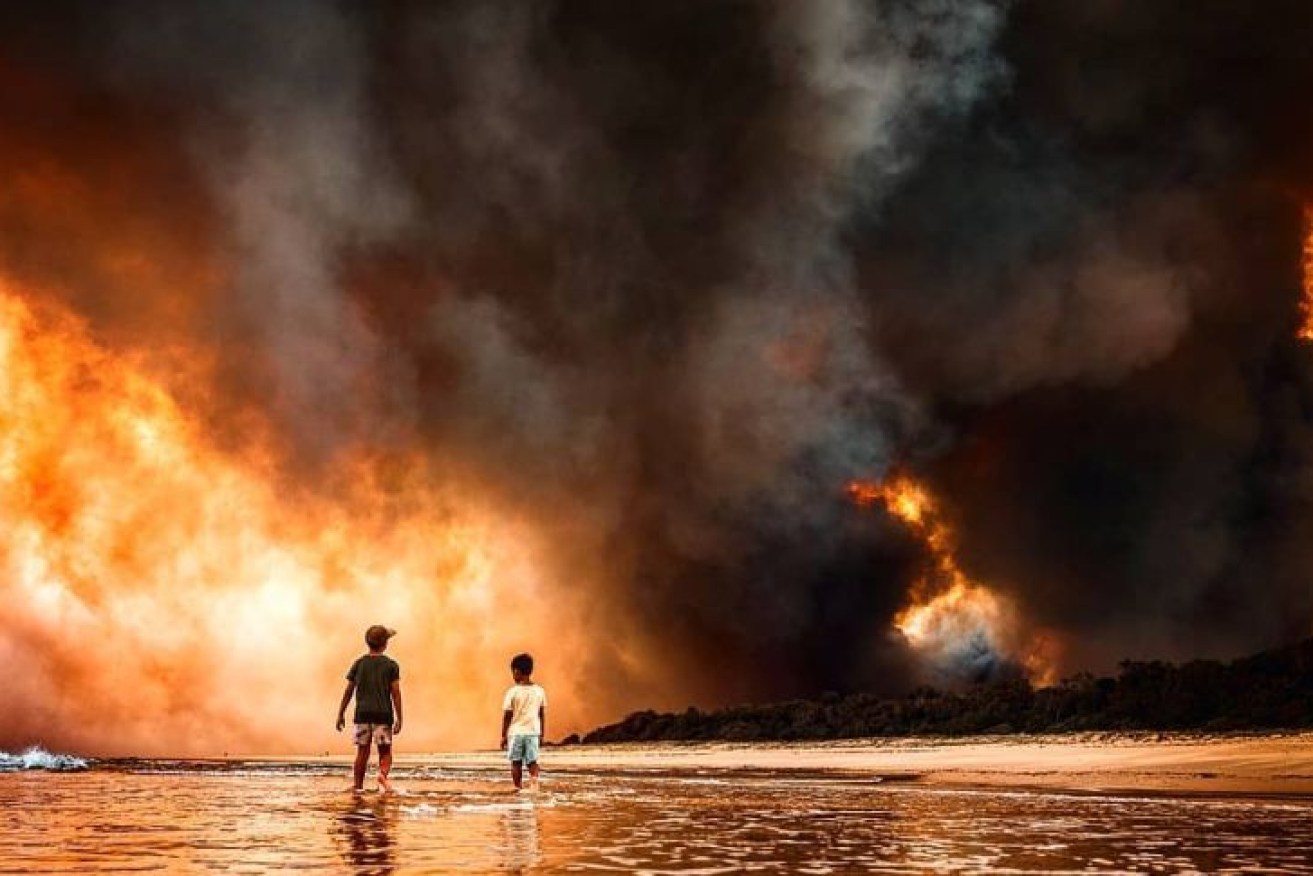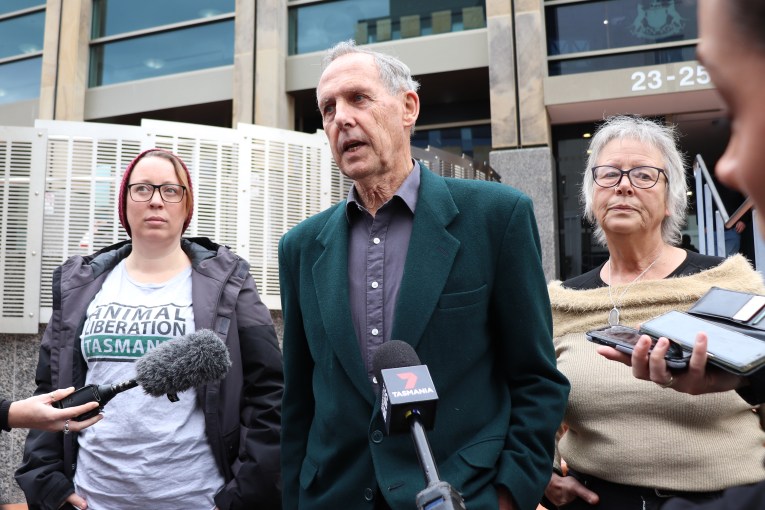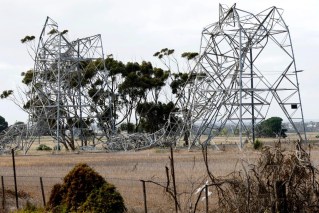This is what will happen to Australia if the world warms by 3 degrees


Australia will become unrecognisable if the world warms to 3 degrees Celsius, the report found. Photo: Martin Von Stoll
Australians will be hit by blistering heatwaves, Black Summer-style bushfires every year, if global temperatures rise by just 3 degrees.
And 250,000 homes on the coast could be flooded.
The dire warning comes from the Australian Academy of Science in a landmark report that found the country’s ecosystem would become “unrecognisable” if urgent action isn’t taken on climate change.
If temperatures rise 3 degrees (above pre-industrial levels), our cities will become much hotter: Darwin will experience 265 days per year above 35 degrees, Brisbane 55 days, Melbourne 24 and Sydney 11.
Hotter temperatures would lead to as much as a 300 per cent increase in the number of extreme fire days each year.
As many as 250,000 properties will be put at risk from coastal flooding and just over 5 per cent of properties across Australia will become too risky to insure.
Impacts on the lives and wellbeing of Australians are discussed in detail in #WarmerWorld.
The report is a risk assessment based on peer-reviewed scientific literature. Read it here: https://t.co/f8nhlgwBct
— Australian Academy of Science (@Science_Academy) March 31, 2021
Unsurprisingly, it is bad news for the Great Barrier Reef, with the report finding that even a 2-degree increase would wipe out 99 per cent of its coral.
Cyclones will also last longer and be more intense. There will be more rain, and stronger winds.
Report co-author Lesley Hughes said Australia has already experienced 1.4 degrees warming, and it was becoming increasingly likely that a 3-degree increase will be unavoidable.
“The frequency and severity of these threats will continue to increase over the next few decades, regardless of emissions reductions, because they are already baked into the system,” Professor Hughes said.
She said most Australian species cannot evolve quickly enough to cope with the rapid increases in temperatures, and the linked increases in the frequency and severity of extreme weather events.
Professor Hughes said the next 10 years are pivotal to steering the future of our planet.
“Emissions reduction over the next decade is the critical time period because they determine what happens in the second half of the century and determine the nature of climate change as an existential threat,” she said.
Australia needs to act quickly, the report said.
It puts forward a range of recommendations for government, including the adoption of net-zero emissions target by 2050 as an “absolute minimum”.
Australia should also aim to become a clean energy exporter and potentially a global renewable energy super power, the report said.
The country has a natural advantage with its abundant natural resources for solar and other renewable energy generation, as well as significant deposits of new economy minerals critical for developing batteries and other low-emission technologies.
“We should still be aiming for a stable global temperature below 2 degrees Celsius but to get to that point, we must reduce emissions very rapidly – in particular accelerating the energy transition in the next decade,” Professor Hughes said.
“This must be one of the most urgent national and international priorities.”








